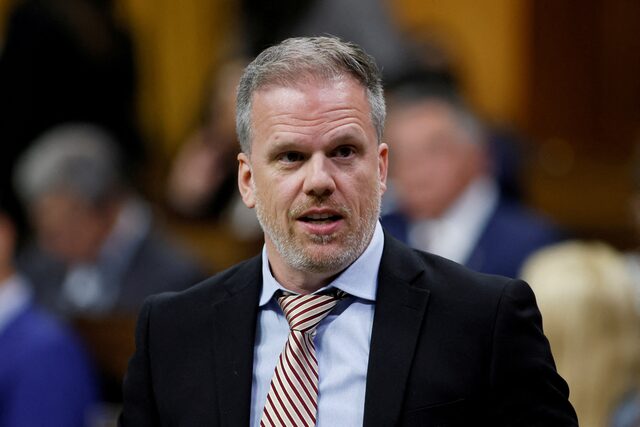In the dim corridors of Canada’s health care system, a new specter looms—one not of disease, but of deception. The federal government’s recent unveiling of a national pharmacare plan, initially covering birth control and insulin, is being hailed as a monumental step forward. Yet, beneath the surface, critics argue it’s a hollow gesture, a political maneuver designed to placate rather than provide.
The Illusion of Progress
Health Minister Mark Holland assures that the plan won’t strain the 2024/25 budget, with costs estimated at C$1.5 billion annually to be reflected in the 2025/26 fiscal year. However, this delay raises questions about the government’s commitment to immediate action. Finance Minister Chrystia Freeland faces pressure to limit new spending, fearing that increased expenditures could hinder efforts to reduce interest rates from their 22-year high.
A Nation in Need
While the government deliberates, Canadians suffer. A recent survey reveals that nearly one in four citizens have resorted to splitting pills, skipping doses, or foregoing prescriptions due to prohibitive costs. More than a quarter have sacrificed essentials like food and housing to afford medication. Alarmingly, one in ten with chronic conditions have ended up in emergency rooms after being unable to afford their prescriptions. News Channel 3-12
The Parliamentary Budget Officer estimates that a universal, single-payer pharmacare system could save Canadians $1.4 billion in prescription costs in its first year alone, with savings rising to $2.2 billion by 2027-28. Yet, the government’s current plan falls short of this vision, offering limited coverage and delayed implementation.ottawa-news.ca+7Canadian Union of Public Employees+7CTV News+7
The Power of Big Pharma
Critics argue that the government’s hesitance stems from undue influence by pharmaceutical giants. The New Democratic Party (NDP) has accused the Liberals of delaying reforms that could have saved Canadians $3 billion, citing resignations within the Patented Medicine Prices Review Board as evidence of internal conflict over drug pricing policies. NDP
A Call to Action
As the government touts its pharmacare plan, many Canadians remain skeptical. The limited scope, delayed implementation, and perceived capitulation to pharmaceutical interests suggest that the plan may be more about political optics than genuine reform. For those struggling to afford essential medications, the promise of pharmacare remains a distant hope, overshadowed by the pressing reality of their daily struggles.










